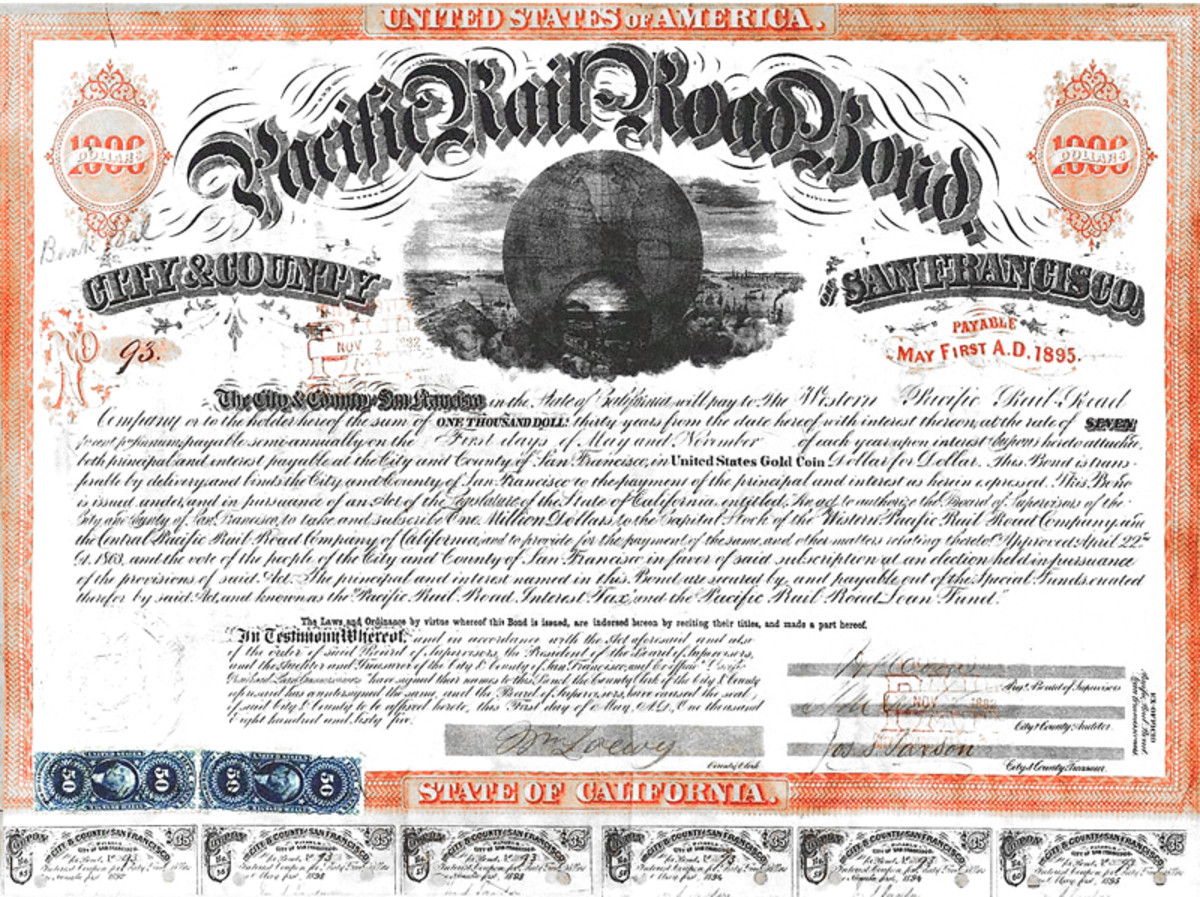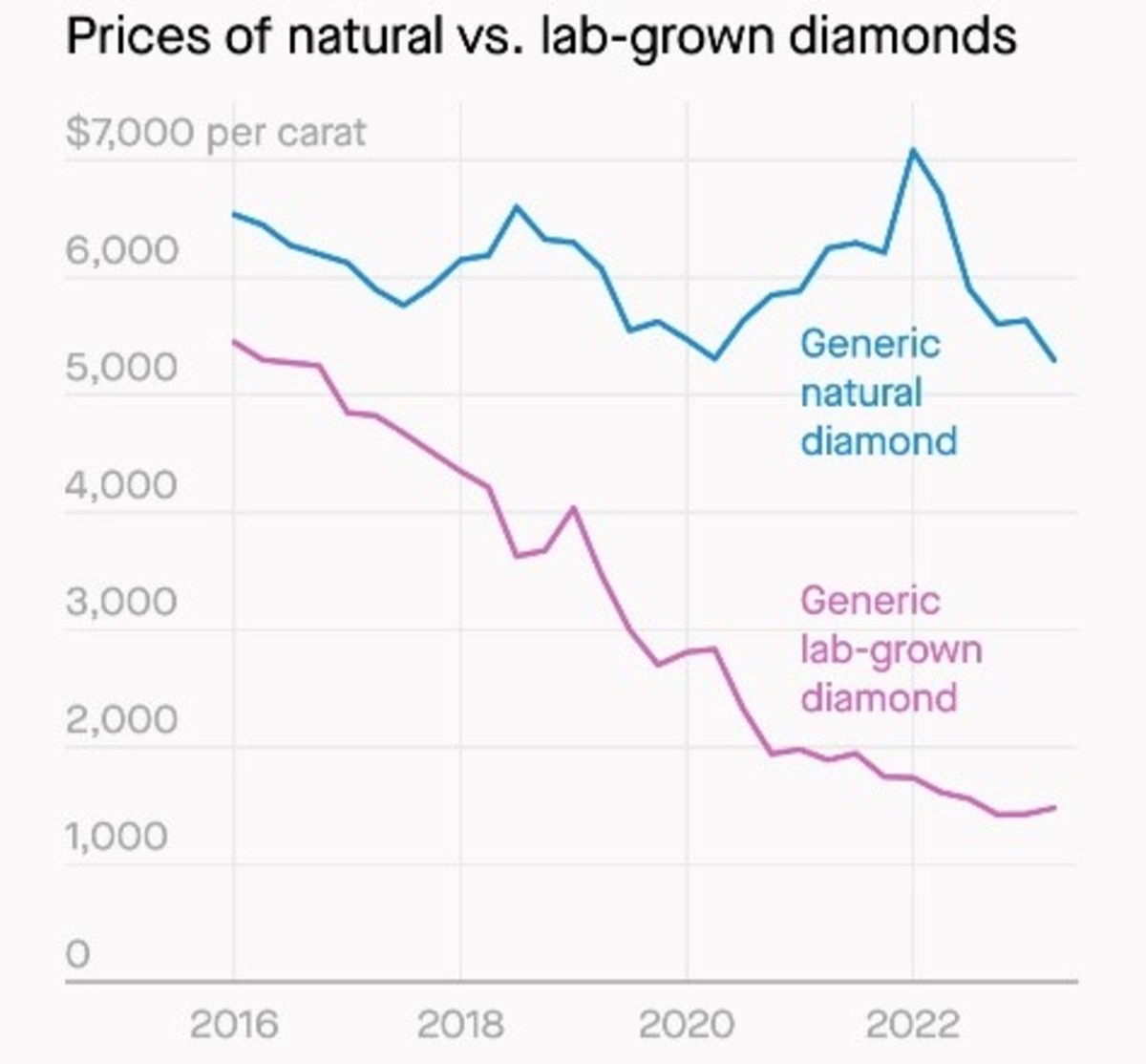Portfolio Construction: Things to consider before investing on your own

Technology has opened many doors that were closed to us in the past. The main purpose of technology is the transfer of information. The abundant amount of information available on the internet has made it possible for many individuals to create their own portfolios and have access to the capital markets. We no longer need to use stock brokers to invest our money. This saves us on the transaction fees that the brokers would charge to invest money into the markets. Even with all the information available there are still risks in investing as an individual. Some factors that need considered for portfolio construction are listed below.
Many factors exist for investors considering the asset classes for their portfolio.
- Age
- Risk tolerance
- Reasons for investing
- Economic conditions
An investor’s age can be a factor because the younger an investor is the more time he or she has to invest and make up for mistakes. An older investor will need to use his or her investments sooner and has less time to make up for mistakes. An investor with a high risk tolerance will want to have a higher percentage of equities because of the higher potential returns that exist with equities. Low risk tolerance investors will want to have more fixed income securities that have less risk than equities. Investors who require a liquid portfolio will want to have money market securities and equities because these types of investments are easily liquidated and can be turned into cash easier than the long-term fixed rate bonds. Each investor will build a portfolio out of different asset classes to mimic his or her reasons for investing. A retirement portfolio may consist of long-term bonds and equities to build value over a long time horizon. The economic conditions are another factor that investors must consider as an influence to their portfolio strategies. During poor economic conditions investors will want to invest in less risk and more fixed rates because fewer investors will be investing in the markets that will drive stock prices down. A flourishing economy will provoke investors to hold more equity positions because the potential for greater returns. Many factors influence asset classes used for portfolio construction and each investor will prefer different strategies.
Capital market instruments available to investors are the
- money markets
- bond markets
- equities markets
- index markets
- derivatives market
The money markets are securities that offer a fixed rate and mature in less than a year. The money market securities provide liquidation for investors and allow them to earn interest with very little risk. The bond market offers securities with a fixed rate but over a long-term period. These investments have more risk than the money market securities but only because of the time horizon until maturity. The equities markets provide investors with securities riskier than the fixed rate securities but the potential for higher returns exists. Equities are very liquid because of the many exchanges that trade stock. An investor may have to sale stock before he or she wants to but the tradability of equities allows the securities to be liquid. The index securities are a basket of stocks that will provide investors with returns that equal the popular indexes such as the Dow Jones, S&P 500, and the NASDAQ. Investors can choose indexes related to certain industries like gold, coal, or oil. The index securities are already diversified throughout the industry because of the many stocks in the basket. They reduce risk but also reduce the expected returns for the investor. The derivatives market is a source of hedging against the volatility of the markets. Investors can use puts and calls to protect against large increases and decreases in their investments. Companies can take advantage of the derivatives market by locking in commodity price to protect against increased prices in inputs. Each instrument provides the investors with different options to fit their portfolio construction strategy.
Portfolio construction for an investor needs to be his or her preferences. An investor should be diversified through different asset classes, and different industries in the market. A portfolio should limit risk and generate returns for the investor. The portfolio should have a mix of long-term positions to build value and short-term investment to provide liquidity for investment opportunities. An investor does not want to be tied up in long-term investments and have to forego investment opportunities. An investor doesn’t want to be in all short-term investments because the long-term investments usually generate more value and receive tax breaks. A good mix between liquidity and long-term investment through each asset class should be sufficient for most investors.









